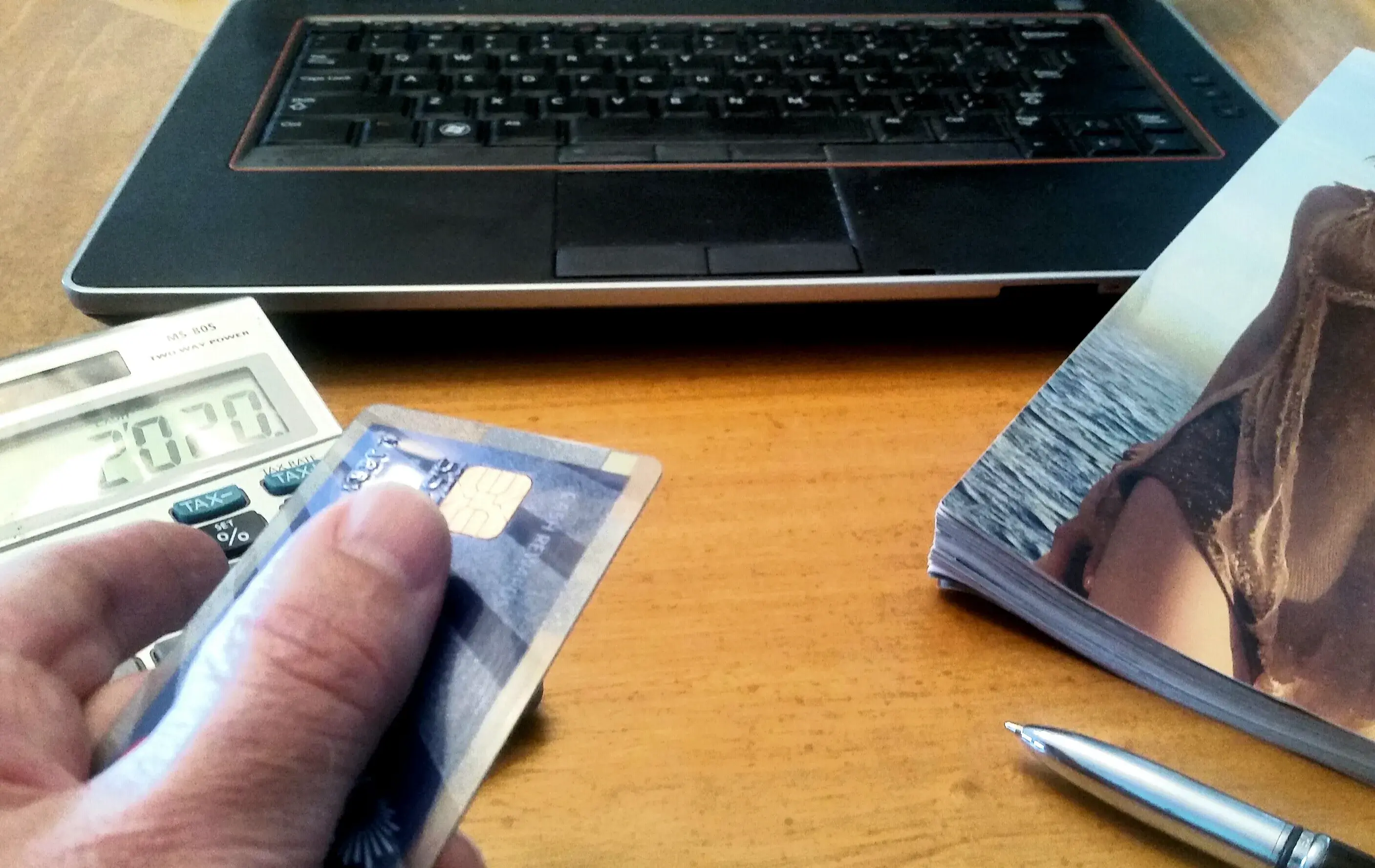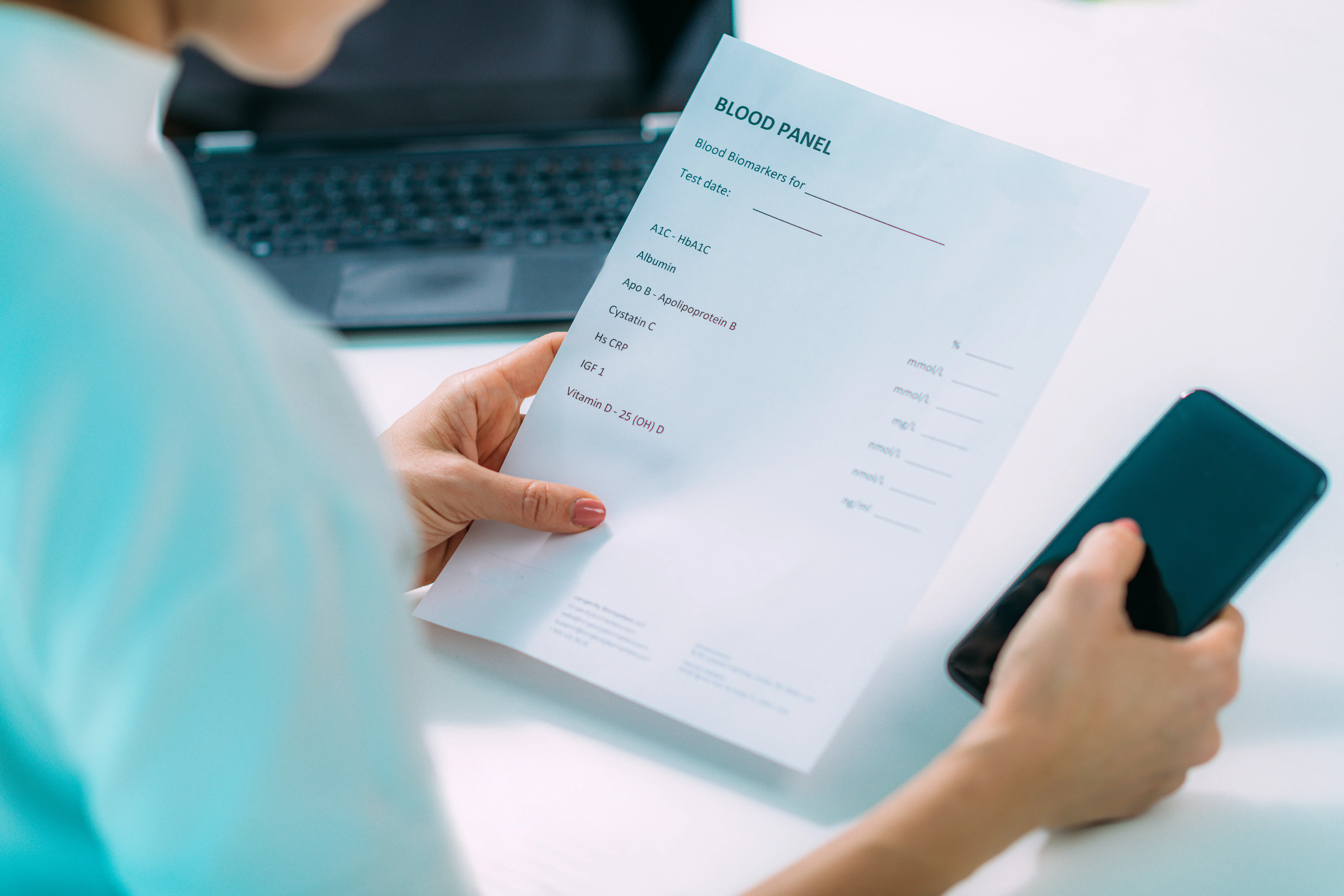-
Posted on: 24 Apr 2025

-
What is the Purpose of a Credit Report Dispute?
Your credit report plays a crucial role in your financial life. It affects your ability to secure loans, get approved for credit cards, rent an apartment, and even land certain jobs. However, credit reports aren’t always accurate. Errors can occur due to clerical mistakes, outdated information, or even fraudulent activity.
This is where a credit report dispute comes into play. The purpose of disputing errors on your credit report is to ensure the information reflected is fair, accurate, and up to date. In this blog, we’ll explore why disputing errors is essential, how it impacts your financial health, and the step-by-step process to file a dispute.
Why Disputing Errors on Your Credit Report Matters?
Ensures Accuracy in Your Financial Profile
Credit bureaus (Equifax, Experian, and TransUnion) collect data from lenders, creditors, and public records. Mistakes can happen, such as:
- Incorrect personal information (name, address, SSN)
- Accounts that don’t belong to you (mixed files due to similar names)
- Duplicate entries of the same debt
- Outdated negative items (paid-off debts still showing as unpaid)
- Fraudulent accounts opened in your name
Disputing these errors ensures your credit report reflects only accurate and relevant information.
Improves Your Credit Score
Errors like late payments, high credit utilization due to incorrect balances, or fraudulent accounts can drag down your credit score. A lower score means:
- Higher interest rates on loans
- Difficulty getting approved for mortgages or auto loans
- Higher insurance premiums in some cases
By disputing and removing errors, you can see a significant boost in your credit score.
Protects You from Identity Theft
If you spot unfamiliar accounts or inquiries, it could be a sign of identity theft. Disputing fraudulent activity helps:
- Remove unauthorized accounts
- Prevent further damage to your credit
- Alert creditors and bureaus to freeze suspicious activity
Complies with Your Legal Rights
Under the Fair Credit Reporting Act (FCRA), you have the right to:
- Request a free credit report annually from each bureau
- Dispute incomplete or inaccurate information
- Have errors investigated and corrected within 30 days (45 days if you submit additional proof)
If the credit bureau fails to correct verified errors, you may have grounds for legal action.
Common Credit Report Errors to Look For
Before filing a dispute, review your credit report for these common mistakes:
Incorrect Personal Information
- Misspelled name
- Wrong address or Social Security number
Account Errors
- Closed accounts reported as open
- Payments marked as late when they were on time
- Incorrect credit limits or balances
Duplicate Accounts
- The same debt is listed multiple times
Fraudulent Activity
- Accounts you didn’t open
- Hard inquiries you didn’t authorize
Outdated Negative Items
- Bankruptcies older than 7-10 years
- Paid collections still showing as unpaid
How to Dispute Errors on Your Credit Report?
Step 1: Get Your Free Credit Reports
Visit creditrepairease.com to request free reports from all three bureaus.
Step 2: Identify Errors
Compare all three reports and note discrepancies. Highlight any incorrect or suspicious entries.
Step 3: Gather Supporting Documents
Collect proof such as:
- Payment receipts
- Bank statements
- Identity theft reports (if applicable)
Step 4: File a Dispute
You can dispute errors online, by mail, or over the phone:
- Online: Visit each bureau’s dispute portal:
- By Mail: Send a dispute letter with copies (not originals) of supporting documents to each bureau’s address:
Step 5: Wait for Investigation Results
The credit bureau has 30 days (45 if you provide additional proof) to investigate and respond. If the error is confirmed, they must correct it.
Step 6: Follow Up
If the dispute is resolved, check your updated report. If not, you can:
- Escalate with the bureau
- Contact the creditor directly
- File a complaint with the Consumer Financial Protection Bureau (CFPB)
What If the Dispute is Denied?
Sometimes, disputes are rejected because:
- The creditor verifies the information
- You didn’t provide enough evidence
If this happens, you can:
- Re-dispute with stronger evidence (e.g., bank statements, signed agreements).
- Add a 100-word consumer statement to your report explaining your side.
- Contact the creditor directly and request corrections.
- Seek legal help if the error is harming your credit unfairly.
Final Thoughts
Disputing errors on your credit report is a powerful tool to protect your financial reputation. Whether it’s a simple mistake or identity theft, acting ensures your creditworthiness isn’t unfairly damaged.
Key Takeaways:
Check your credit reports at least once a year.
Dispute errors immediately to prevent long-term damage.
Keep records of all disputes and responses.
Monitor your credit regularly to catch issues early.By staying proactive, you can maintain a healthy credit score and secure better financial opportunities.
Ready to improve your credit? Reach out at (888) 803-7889 and start building a better financial future today!






